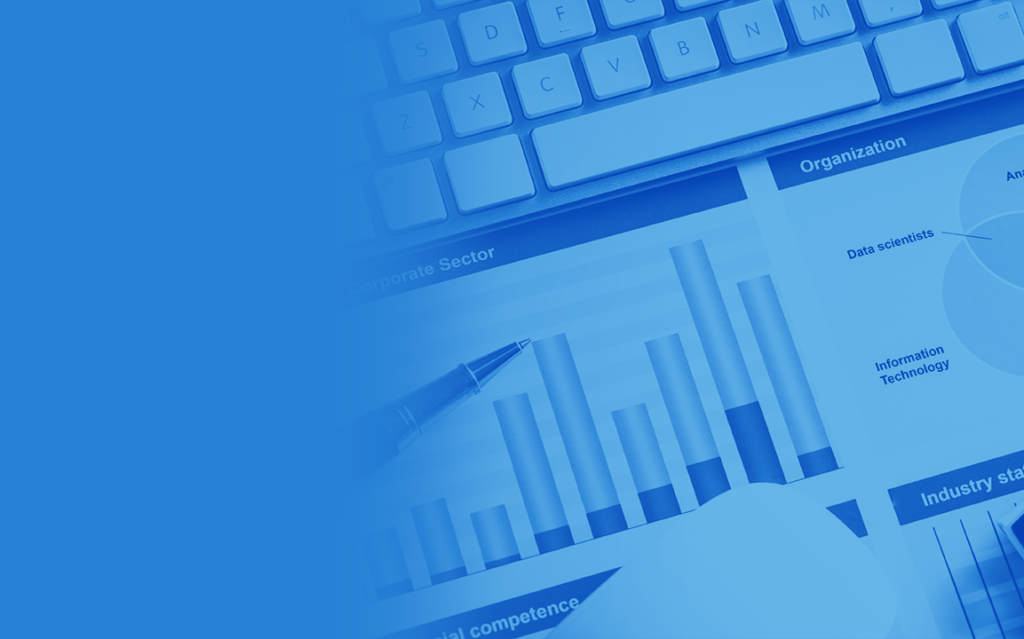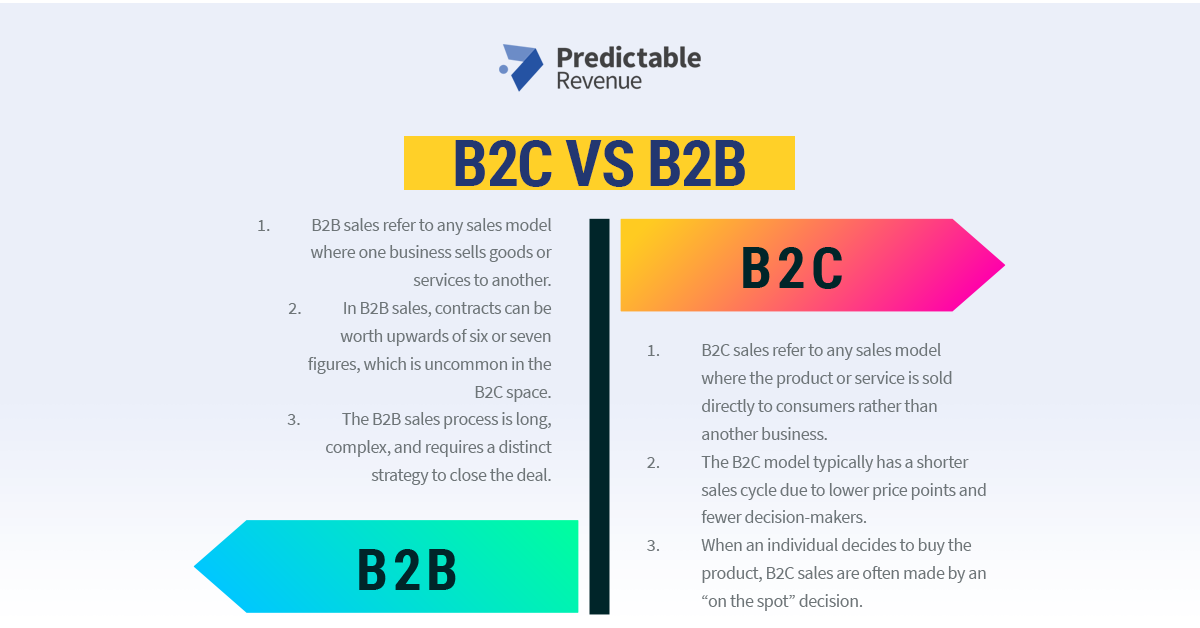What is B2C Sales?

Learn about B2C sales, including what makes business-to-business sales (B2B sales) distinct from B2C, examples of B2C, and more.
B2C and B2B sales require a unique strategy to close the deal. But how do those two strategies differ, and why? Keep reading to learn the key differences between these sales models.
So what are B2C sales?
Let’s break down the meaning of B2C sales. Also known as consumer sales, B2C sales refer to any sales model where the product or service is sold directly to consumers rather than another business.
What is a B2C business? Any company that sells directly to its end-users can be considered a B2C business. For example, a restaurant sells food directly to customers. The restaurant’s suppliers, however, would be classified as B2B because they sell to another business.

B2C vs. B2B sales: How are they different?
There are several important differences between B2C and B2B sales. The B2C model typically has a shorter sales cycle due to lower price points and fewer decision-makers.
In B2B sales, contracts can be worth upwards of six or seven figures, which is uncommon in the B2C space. As a result, the sales process takes longer and involves more stakeholders. The salesperson needs to receive buy-in from multiple people in the prospect’s organization.
Compared to B2C, the B2B sales process is longer, more complex, and requires a distinct strategy to close the deal. For this reason, many B2B companies choose to outsource their sales development.
B2C sales are often made by an “on the spot” decision when an individual decides to buy the product. There may or may not be a sales rep involved in the purchase. In contrast, success in B2B sales hinges on the salesperson’s ability to nurture long-term relationships with prospects.
Business-to-consumer sales examples
The classic example of B2C sales is a retail store, where goods are sold directly to customers with no middleman. However, B2C businesses aren’t limited to brick and mortar.
In recent years, B2C sales have exploded online. Amazon is a prime example. Although the company sells some B2B services, its primary focus is consumer sales. They sell everything from books to home decor and clothing directly to consumers.
How can Predictable Revenue help with B2B sales?
At Predictable Revenue, we help B2B companies grow their revenue through outbound sales development. Because of the factors mentioned above, crafting a B2B sales strategy can be difficult, especially if it’s your first time building a sales development team.
Our coaches can guide you through the process, from hiring and training sales reps to designing sequences and call scripts. We’ve helped thousands of companies grow their pipeline with proven outbound sales tactics. Click here to learn more!
Conclusion: B2C meaning and examples
B2C refers to any business where goods are being sold directly to their end-users. This includes both online and in-person retailers, service providers, and intermediaries like Amazon, which sells products from a variety of vendors.
Compared to B2C, B2B sales is a more complex and lengthy process, with larger deal sizes and multiple stakeholders. For more on B2B sales, read the blog post here.
We’ve compiled 31 of the most relevant outbound sales stats, covering everything from email outreach and cold calling to some surprising trends in the sales job market–and an unexpected reason your reps may be losing hours of productivity.